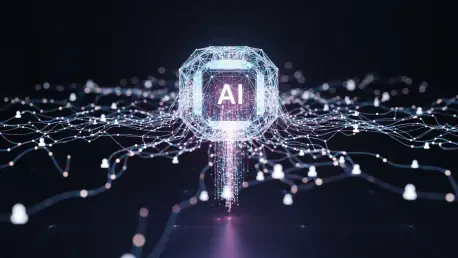
From Benchmarks to Boardrooms: The New Imperative in AI Adoption The initial explosion of the generative AI boom was a race for raw capability, where enterprises captivated by the potential of large language models (LLMs) focused primarily on technical performance, parameter counts, and benchmark

Shares of the artificial intelligence and defense contractor BigBear.ai recently experienced a notable decline, dropping 3.1% to $5.94 in premarket trading as the company navigates a period of intense scrutiny and critical decision-making. This market apprehension is not unfounded; the firm is

The days of cybercriminals painstakingly breaking through digital walls are rapidly giving way to a much simpler and more insidious method of infiltration: they are now walking right through the front door using stolen keys. A comprehensive analysis of the current security landscape reveals that

We are at a pivotal moment in the evolution of artificial intelligence. Once a technology that promised a new path, separate from the surveillance-driven models of social media, AI is now rapidly embracing that very playbook. To explore the profound implications of this shift, we're speaking with

The European Union has unveiled its most ambitious legislative proposal to date, the Digital Networks Act (DNA), a comprehensive framework designed to fundamentally restructure the continent's technological foundations. This landmark initiative is far more than a set of new rules; it represents a

The rapid integration of artificial intelligence into talent acquisition and management is creating an operational paradigm shift for the staffing industry, promising unprecedented efficiency but simultaneously introducing a new frontier of complex risks. As companies increasingly rely on